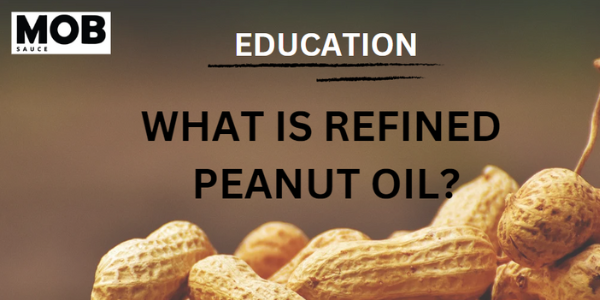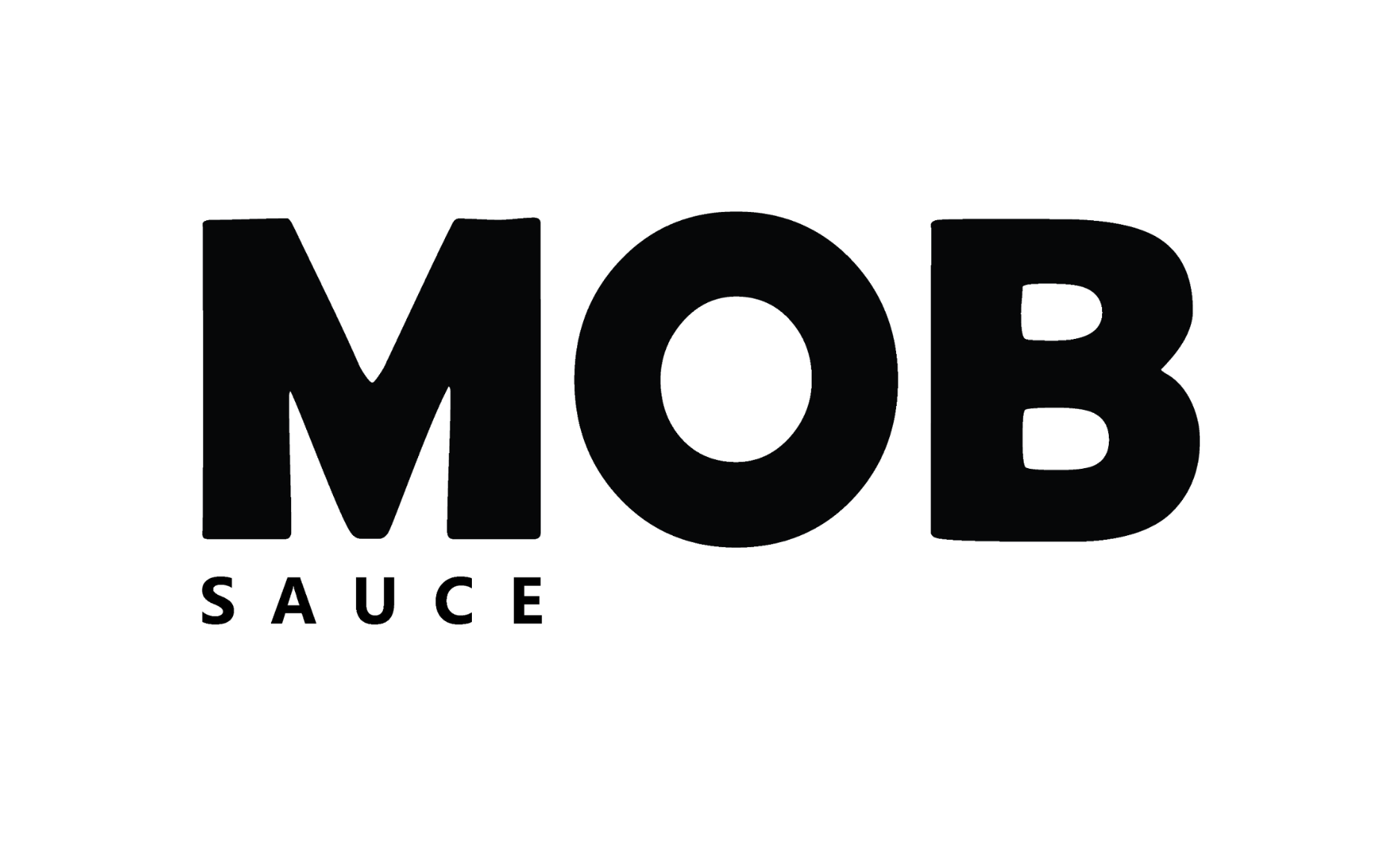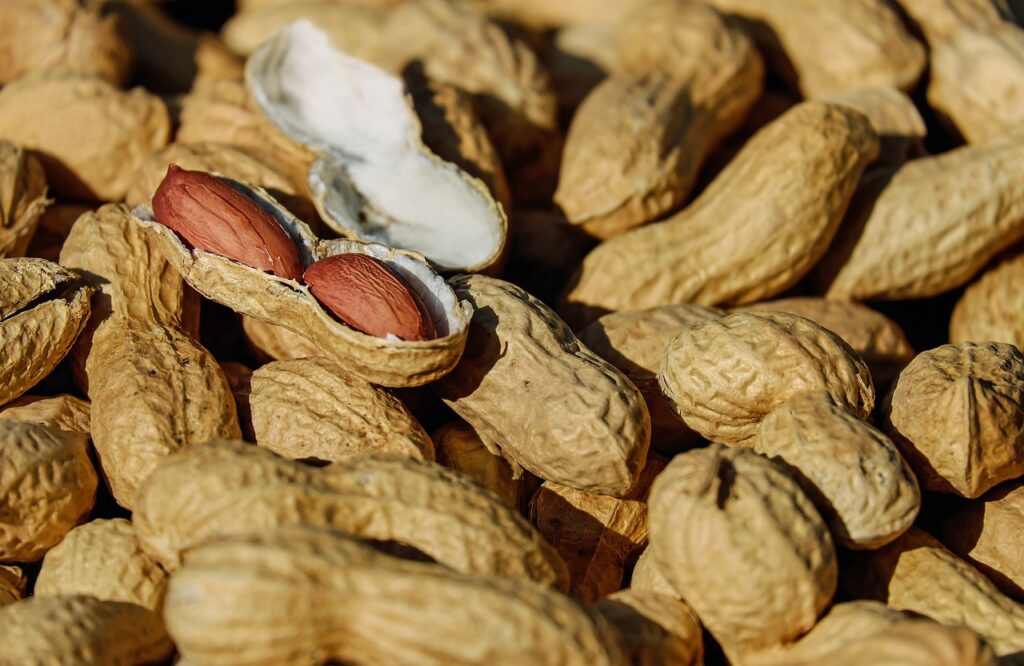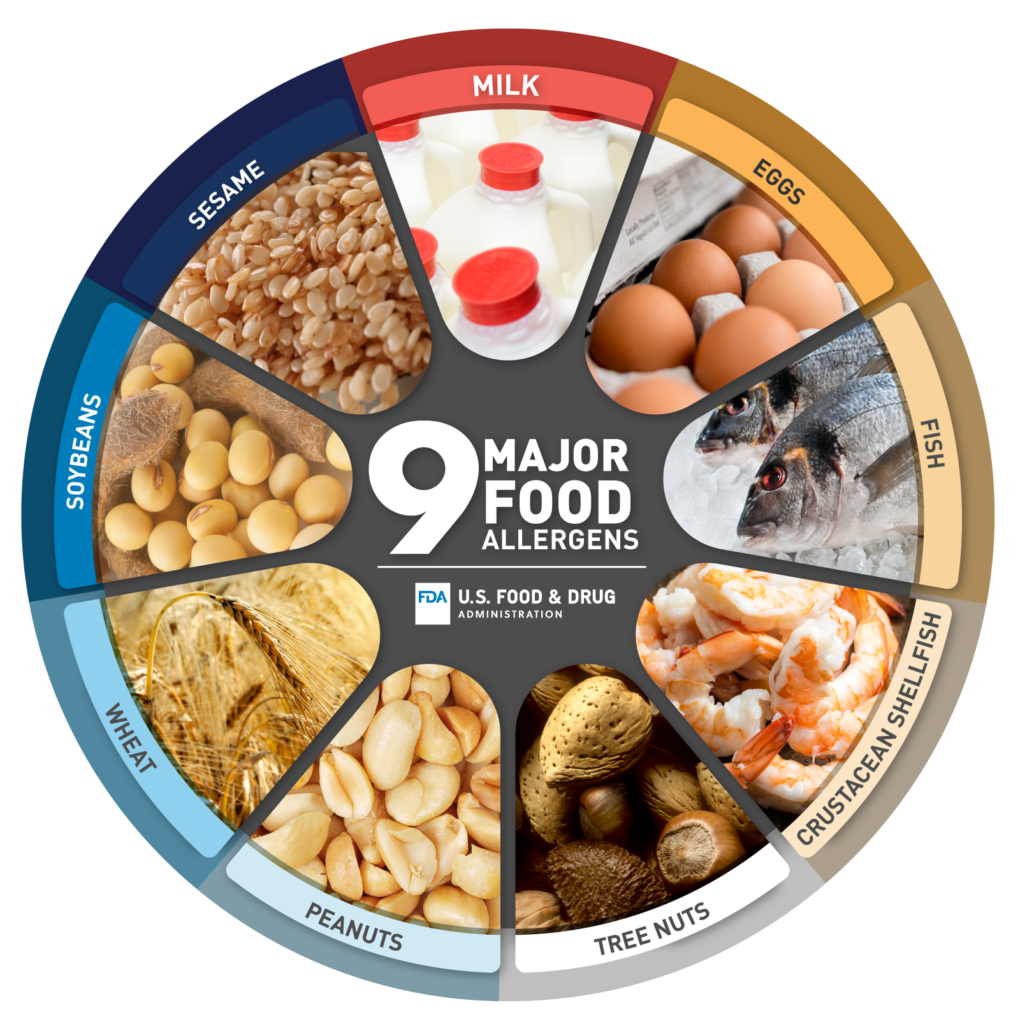January 17, 2024
Is Refined Peanut Oil Safe?
Food allergies can be scary, especially when it comes to trying new foods, products, and restaurants. Millions of individuals are affected by food allergies and peanut allergies are no exception. With symptoms ranging from hives, to full on anaphylaxis, it’s no wonder the sight of the word “Peanut” can create a lot of hesitation and pause to those with an allergy. However, when it comes to highly refined peanut oil, there is hope for peanut allergy sufferers! In this blog, we are breaking it down for you (quite literally). So what makes highly-refined peanut oil a safe option for those with a peanut allergy? Keep reading to find out more!.

MOB Sauce is a company that prides itself on bringing healthy and safe products to the market, especially for those who suffer from some of the more common allergens (gluten, soy, dairy, and peanuts). We often come across questions about the safety of our products for those with peanut allergies, especially when they see “refined peanut oil” on the packaging. We hear you! The word peanut shouldn’t be taken lightly when it comes to allergies. So let’s do some digging into this topic of food allergens. We’re gonna walk you through the process we use to ensure you can enjoy our amazing flavors in a very safe way.
What are the Big 9 Primary Allergens?
The Food and Drug Administration (FDA) is a regulatory body responsible for enforcing labeling and manufacturing guidelines and procedures, conducting inspections, taking samples, and ensuring foods with allergens are properly labeled and prepared to keep individuals safe. In 2004, congress passed the Food Allergen Labeling and Consumer Protection Act, identifying 8 foods as major allergens. A 9th was added in 2021.
For this reason, the FDA has put out guidance on the most common food allergens that must be clearly labeled on packaged food products sold in the US. These allergens account for the majority of food reactions people experience. In the food industry, we call these “The Big 9.”
These allergens include:
Milk, Eggs, Fish, Crustacean Shellfish, Tree Nuts, Peanuts, Wheat, Soybeans, and Sesame
https://www.fda.gov/food/food-labeling-nutrition/food-allergies)
Understanding Peanut Allergies
Peanut allergies are one of the leading food allergies in both children and adults. Food allergies occur when the body’s immune system reacts to certain proteins in food (remember that for later). Reactions can vary in severity, ranging from mild symptoms, such as hives and swelling of the lips, to severe and life threatening anaphylaxis when a person is exposed to peanut proteins.
At MOB Sauce we are very aware of the concerns around peanut allergies. As a brand committed to the removal of primary allergens from our sauces, it is extremely important to us and to those we serve. Our Quality Team and Co-Packer Team diligently work to ensure we are testing the safety of our sauces throughout our manufacturing processes. In our facility, we do not process any nuts or use pure peanut oils. Sanitization and cleaning procedures are in place and equipment is sanitized between all separate company batches to prevent any cross contamination. Our sauces use only refined peanut oil.
Refining Process Removes the Allergen
Highly refined peanut oil undergoes an extensive manufacturing process that removes the proteins responsible for triggering peanut allergies. This is a lengthy procedure that involves pressing, filtering, purifying, and essentially eliminating impurities and the components of the peanut that are highly allergenic. The allergic portion of a peanut lives in the peanut proteins (remember that from earlier?). This is typically found in the solid portion of the peanut. During the refining process, heat and pressure work to break down (also called denature) the proteins in the peanut/peanut oil rendering them inactive. The high temperatures destroy the structure of the protein allergens, making them non-allergenic. This denatured protein is then separated and removed from the oil. By extracting this from the peanut oil, we can significantly reduce the presence of the allergen in the final product making them safe for most individuals with a peanut allergy.
To put this in simpler terms…this process breaks apart and removes the protein portion of the peanut that causes an allergic reaction. Once it is removed, it becomes non-reactive making it safe!
Labeling Regulations:
To protect those with food allergies, the FDA enforces regulations on labeling requirements for products that contain common allergens. What this means? We can’t make a claim to be peanut free without the go ahead from the FDA (or risks of being shut down – which we definitely don’t want)!
The FDA additionally clarified that a Major food allergen – the Big 9 listed above – does not include a highly refined oil derived from one of the Big 9 foods. This means that we are not required to put “contains Peanuts” on our packaging. You can read more about this here: https://www.fda.gov/food/food-labeling-nutrition/inventory-notifications-received-under-21-usc-343w7-exemptions-food-allergen-labeling
In Conclusion:
For individuals with peanut allergies, highly refined peanut oil offers a safe alternative for cooking or dietary needs. Through an intensive refining process, allergenic proteins are effectively removed, making the oil highly unlikely to trigger an allergic reaction. Nevertheless, individuals with any allergy should always remain vigilant, read labels, and seek professional advice when unsure. Always prioritize your safety and well-being when managing food allergies!
Disclaimer: This blog post provides general information and should not replace professional medical advice. If you have concerns or questions about your specific allergy situation, please consult with a healthcare professional or allergist.




